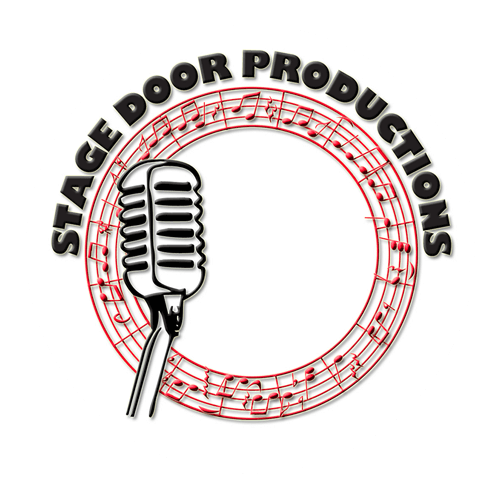ARCHIVED PAGE - The Fundamental Audio Engineering Course
PLEASE NOTE YOU HAVE STUMBLED ACROSS A DIGITAL REMNANT OF A BYGONE STAGE DOOR ERA. UNFORTUNATELY AT THIS TIME WE ARE NOT OFFERING THE COURSE OPTIONS LISTED BELOW.
SDP TEAM - NOV 2022
This course is designed to teach students the essential and primary factors necessary for a firm grounding in audio engineering. Knowledge gained is applicable to all fields where audio is required, such as live sound and P.A. operation, recording studios, theatre sound, radio, film and television. Students will learn the basics of acoustics and electronics, sound propagation, isolation and insulation, microphones, speakers, leads, analogue and digital recording machines and techniques, control room and studio layout, design, functionality and procedure, the use of outboard and FX equipment (limiters, compressors, equalisation, delays, reverbs, flanges) and how to use Protools - the industry standard - recording mixing and editing, plus it's myriad of plug-ins. Students will take charge of the studio to record a variety of instruments and eventually the whole band. Plenty of hands on time and practical sessions are allowed for in this course. It's so down to earth, we even teach you how to properly wire and solder leads for your own running repairs. All classes are held in the studio and control room, so class sizes are limited. Maximum 5 students per class. Defiantly for the serious, committed and dedicated student.
Stagedoor is also conducting purely Protools courses - designed for those who want to learn Protools or need to brush up on their skills to gain further expertise. This is a short 8 class course. New courses are starting constantly.
For more information contact Stagedoor on 95651123, or call in to check out the studio and pick up a brochure: Unit 7, 33 Maddox St, Alexandria.
Course Outline
Lecture 1:
The Nature of Sound:
Physical properties, propagation. Sound insulation and isolation. Working with something you can't see.
Lecture 2:
Acoustics:
Sound absorption, reflection, diffusion. Natural reverberation, decay. Behaviour of sound in enclosed spaces.
Lecture 3:
Electronics:
Conductance / Resistance - circuits. Series / parallel wiring. Balanced / unbalanced lines. dB, dBm, dBV, dBa, watts, amps, ohms.
Lecture 4:
Wiring and Soldering:
Types of leads. Care and maintenance. Essential tools. Exactly how to do it.
Lecture 5:
Microphones:
Types and uses. Directional characteristics and polar patterns. Miking techniques, proximity effects.
Lecture 6:
Consoles:
Layout and functions. Connections - mics, lines, aux sends, inserts, PFL. Talk back. Correct operation - signal to noise ratio.
Lecture 7:
FX Units:
Types. Basic / creative use. Demonstrations.
Lecture 8:
Speakers:
Types of speakers and enclosures. Frequency response / directional characteristics. Acoustic environment. Control room monitoring / flat frequency response.
Lecture 9:
Control Room:
Familiarisation and layout. Signal routing. Procedures. Acoustics.
Lecture 10:
Protools:
Familiarisation. Basic functions. Features.
Lecture 11:
Protools:
Setting up a session. Toolbars, system components. Mix and edit windows. Regions lists. Signal routing.
Lecture 12:
Protools:
TDM and LE systems. Voicing and voice sharing. Importing files.
Lecture 13:
Protools:
Busses and aux sends. Plug-ins - R-TAS, TDM and audio suite. Using outboard inserts.
Lecture 14:
Protools:
System resource management. Mix automation. Plug-in automation.
Lecture 15:
Recording Guitars, Bass:
Practical mics, miking techniques, D.I.'s, Headphone sends, tie-lines.
Lecture 16:
Recording Drums:
Tuning and placement. Mics and techniques.
Lecture 17:
Recording Vocals:
Acoustic environments. Mics and techniques. Windscreens, shocks and pop filters.
Lecture 18:
Recording:
Setting up sessions - studio and control room. Complete band, live recording. Overdubs. Use of different recording mediums. Eg: CD, Hard drives, Tape Machines, DAT.
Lecture 19:
Mixdown:
Equalisation, Compression. FX - use and abuse. Aural perspectives.
Lecture 20:
Mixdown:
Maintaining dynamics and controlling transients. Polishing the mix
Engineering vs Producing.
